Mentors
Resham Bhattacharya, PhD
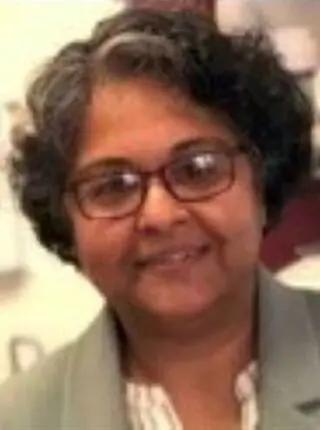
Resham Bhattacharya, PhD Website
Professor at The University of Oklahoma
Co-Leader, Cancer Biology Program, SCC
TSET Research Scholar
Research Description
Dr. Bhattachary's lab focuses on researching the fundamental and clinical translational aspects of molecular signaling in vascular pathologies and gynecologic cancers, particularly ovarian and uterine cancer. A specific area of interest for her has been the exploration of new targets with limited or no known biological information. Her investigations into KRCC1 encompass a wide range of areas, including the DNA damage response, DNA replication, DNA repair, and various other signaling pathways relevant to cancer.
Charles Bieberich, PhD
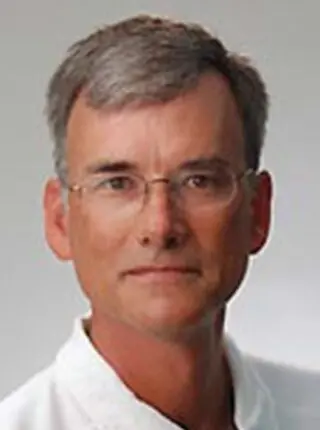
Charles Bieberich, PhD Website
Professor at College of Mathematical Sciences at UMBC
Research Description
Dr. Bieberich explores issues at the interface between development and human disease, with a view towards identifying novel points of therapeutic intervention. In particular, he is focused on the functions of NKX3.1 as a prostate-specific tumor suppressor. His lab is currently investigating molecular mechanisms controlling transcriptional and post-transcriptional regulation of NKX3.1 and other prostate-restricted transcription factors that play roles in cancer.
Benjamin Bitler, PhD
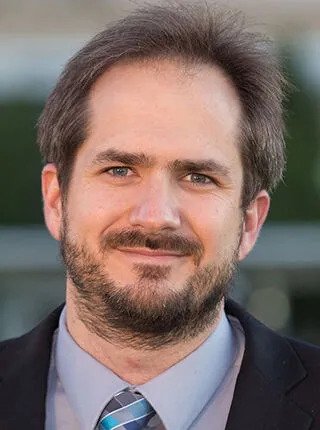
Associate Professor
D. Thomas and Kay L. Dunton Endowed Chair in Ovarian Cancer Research
Division of Reproductive Sciences
Department of Obstetrics and Gynecology
Research Description
Dr. Bitler’s research is dedicated to advancing our understanding of ovarian cancer, particularly through exploration Wnt signaling and epigenetics. His lab’s primary objectives are threefold: to overcome therapy-resistant ovarian cancer, to unravel the biological mechanisms underlying this disease, and to devise preventive strategies. To achieve these goals, Dr. Bitler’s team involves collaborative research projects that investigate how the epigenetic, immune, and metabolic microenvironments influence ovarian cancer progression and resistance to targeted therapies. Their work addresses critical clinical and fundamental questions in ovarian cancer biology, aiming to make significant strides in combating this challenging cancer type.
David Bowtell, PhD

Professor at Peter Mac
Fellow of the Australian Academy of Health and Medical Sciences and the Australian Academy of Science
Research Description
The David Bowtell lab team has a major focus on the genomic and immune characterisation of ovarian cancer, seeking to understand the biology of treatment response and resistance, and to translate these findings into new treatment approaches.
Ronald J Buckanovich, MD, PhD
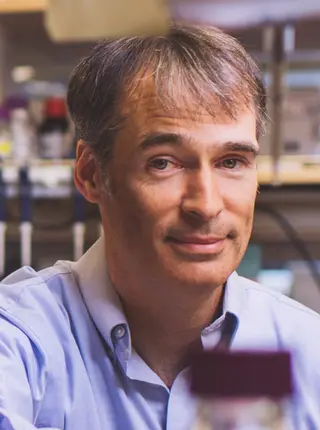
Ronald J Buckanovich, MD, PhD Website
Professor of Medicine at the University of Pittsburgh
Research Description
Dr Buckanovich studies regulators of cancer stem cell proliferation and division patterns with the goal of developing novel therapeutics targeting CSC. In collaboration with Euisik Yoon, he has developed novel in vitro microfluidics devices as a means to study symmetric vs asymmetric divisions of CSC, regulators of CSC, and mediators of CSC quiescence. In addition his lab is developing a novel human stroma tumor model.
Cesar Castro, MD, MMSc
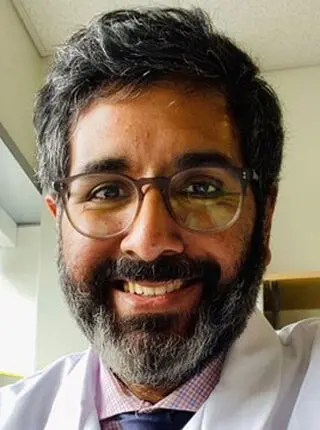
Cesar Castro, MD, MMSc Website
Associate Professor, Medicine, Harvard Medical School
Director, Gynecologic Oncology Program - MGH Cancer Center, Massachusetts General Hospital
Director, Cancer Program - MGH Center for Systems Biology, Massachusetts General Hospital
Research Description
Dr. Castro is a translational oncologist specializing in nanotechnology and molecular imaging for solid tumor detection. He leads the Gynecologic Oncology Program at the MGH Cancer Center and directs the Cancer Program at the MGH Center for Systems Biology. Dr. Castro is a key figure in the National Cancer Institute Liquid Biopsy Consortium. His work focuses on innovative approaches to cancer detection and profiling.
Jose Conejo-Garcia MD, PhD
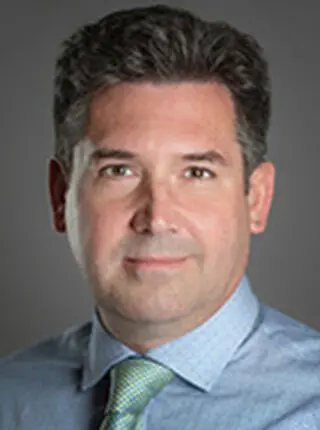
Jose Conejo-Garcia MD, PhD Website
Chair of the Immunology Department at Moffitt Cancer Center
Research Description
Dr.Conejo-Garcia's research centers on the intricate dynamics that regulate the equilibrium between immunosuppression and protective immunity within the tumor microenvironment. His work places a significant emphasis on deciphering the interplay between innate (gamma/delta) and adaptive (alpha/beta) T cells, as well as B lymphocytes. Notably, the findings from Dr. Conejo-Garcia's laboratory are actively transitioning into clinical trials where CAR T cell therapies are harnessed for the treatment of ovarian cancer patients.
Robert Coleman MD, FACOG, FACS
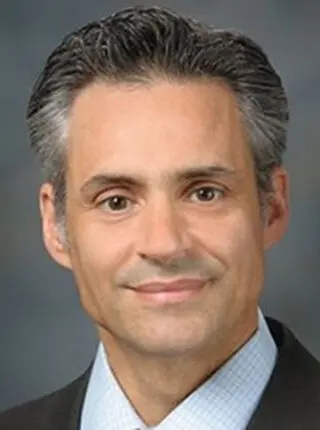
Professor, Deputy Chair and Vice Chair of Clinical Research
Ann Rife Cox Chair in Gynecology
Research Description
Dr. Coleman is a distinguished gynecologic oncologist renowned for his expertise in the field. He is skilled in performing various surgical procedures, including laparoscopic hysterectomy, bilateral salpingo-oophorectomy, radical hysterectomy, and lymphadenectomy. Dr. Coleman is affiliated with Memorial Hermann The Woodlands Medical Center and actively engages in clinical research. His recent study investigating the use of niraparib in recurrent ovarian cancer patients without BRCA gene mutations revealed promising results, showcasing improved overall survival rates compared to active surveillance. This research offers hope to patients seeking effective second-line maintenance therapy.
George Coukos, MD, PhD
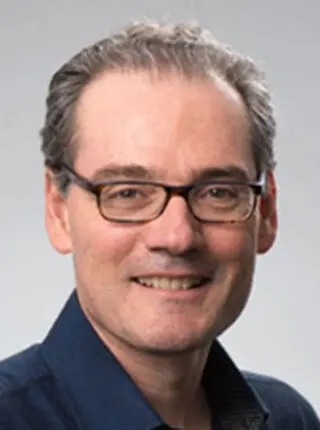
George Coukos, MD, PhD Website
Head of UNIL CHUV Oncology Department
Director of the Ludwig Institute for Cancer Research
Research Description
Dr. Coukos has devoted his career to groundbreaking immunotherapy research, particularly in the realm of ovarian cancer. His early 2000s investigations into spontaneous immune responses within ovarian tumors ignited his interest in immunotherapy development. His work has unveiled crucial insights, including how tumors exploit regulatory T cells to suppress immune responses and the role of tumor blood vessels in this process. Additionally, he has been a driving force behind the development and evaluation of novel immunotherapies, such as dendritic cell vaccines, in clinical trials.
Scott Kaufmann, MD, PhD
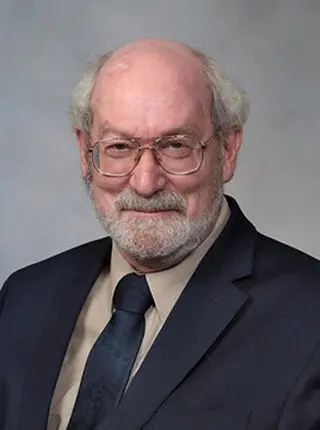
Scott Kaufmann, MD, PhD Website
Consultant, Division of Oncology Research, Department of Oncology, Mayo Clinic
Chair and Professor of Medicine and Pharmacology, Department of Molecular Pharmacology and Experimental Therapeutics, Mayo Clinic
Research Description
Dr. Kaufmann conducts crucial research focused on targeted anti-cancer treatments. His Anticancer Drug Action Laboratory delves into understanding cell killing and resistance mechanisms in cancer cells. Dr. Kaufmann's work spans various areas, including investigating apoptosis induction, studying kinase inhibitors' role in activating apoptosis pathways, and examining the engagement of apoptotic machinery by different targeted agents. He's also dedicated to understanding and overcoming PARP inhibitor resistance in ovarian cancer for improved therapeutic strategies. Additionally, his research addresses emergent myeloid neoplasms associated with PARP inhibitor treatments in ovarian cancer patients receiving carboplatin therapy.
Dineo Khabele, MD
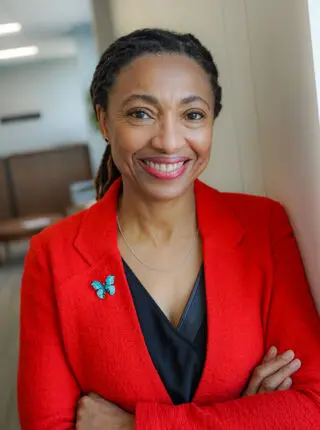
Chair, Department of Ob/Gyn at Washington University School of Medicine in St. Louis
Mitchell & Elaine Yanow Professor
Research Description
Dr. Kahbele's cancer research interests include chemotherapy resistance, DNA repair, epigenetic targets for therapy, and targeting the tumor microenvironment. She is a dedicated educator and mentor to students, residents, fellows, and faculty. She is an advocate for women’s health, women’s cancers, and health equity.
Priyabrata Mukherjee, PhD, FRSC, FAIMBE, FAAAS, FNAI
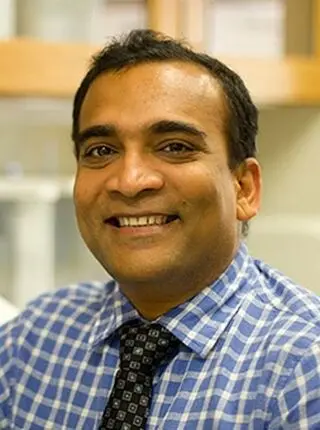
Priyabrata Mukherjee, PhD, FRSC, FAIMBE, FAAAS, FNAI Website
PHF Presidential Professor
Associate Director of Translational Research, Stephenson Cancer Center
Peggy and Charles Stephenson Endowed Chair in Laboratory Cancer Research
Professor of Pathology
Co-Director, Nanomedicine Program, Stephenson Cancer Center
Oklahoma TSET Research Scholar
Maureen Murphy, PhD
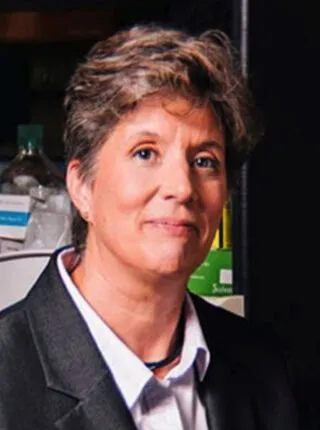
Professor and Program Leader, Molecular and Cellular Oncogenesis program
Deputy Director, Ellen and Ronald Caplan Cancer center
The Wistar Institute
Adjunct Professor of Genetic, University of Pennsylvania Perelman School of Medicine
Research Description
Dr. Murphy’s research focuses on the transforming function of mutant p53, which occurs in 95% of HGSOC. She uses genetic and pharmacological approaches to impair mutant p53 function or restore mutant p53 to wild type conformations, and finds that this increases the sensitivity of HGSOC to endocrine therapies like fulvestrant and elacestrant.
Manish Patankar, PhD

Professor, Vice Chair of Basic Research & Integrated Graduate Training, Director, Division of Reproductive Sciences
Reproductive Sciences
Research Description: Dr. Manish Patankar leads research focused on improving early detection and understanding immune regulation in ovarian cancer. His lab integrates glycobiology, molecular, and immunologic approaches to investigate tumor–immune interactions and develop novel biomarkers. His lab leads translational efforts to connect mechanistic discoveries with clinical advances in gynecologic oncology.
Ofer Reizes, PhD
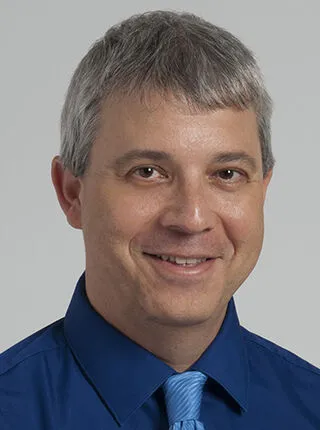
The Laura J. Fogarty Endowed Chair for Uterine Cancer Research.
Staff/Professor in the Department of Cardiovascular and Metabolic Sciences, Cleveland Clinic Lerner Research Institute.
Research Description
Dr. Reizes’ laboratory studies mechanisms of chemoresistance in ovarian and uterine cancer with an interest in developing therapeutics to improve patient outcomes. The research includes investigation of cancer stem cells, hypertherimic intraperitoneal chemotherapy, and the impact of the microbiome on tumor growth and chemosensitivity.
Ie-Ming Shih, MD
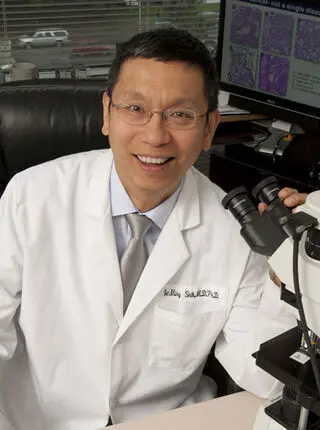
Richard W. TeLinde Distinguished Professor, Department of Gynecology and Obstetrics at John Hopkins University School of Medicine
Professor of Gynecology and Obstetrics
Research Description
Dr. Shih’s research laboratory has made several discoveries that contribute to our understanding of the pathogenesis of ovarian cancer, including uncovering the genomic landscapes of different histologic subtypes of ovarian cancer, new mechanisms behind chemoresistance, the tumor suppressor roles of ARID1A, and the possible origin of ovarian high-grade serous carcinoma.
Fiona Simpkins, M.D.

Hilarie L. and Mitchell L. Morgan President's Distinguished Professor in Women's Health
Director of Clinical & Translational Gynecologic Oncology Research, Penn Medicine Health System
Department: Obstetrics and Gynecology
Research Description: Dr. Simpkins investigates mechanisms of drug resistance in ovarian cancer with the goal of identifying novel therapeutic targets and translating discoveries into early-phase clinical trials. Her lab employs a unique preclinical drug development platform that includes primary tumor cultures and more than 60 genomically and proteomically characterized PDX models, which faithfully recapitulate human disease progression. These models are used to study synthetic lethal strategies, biomarkers of therapy response, and approaches to overcome resistance in BRCA-mutant, CCNE1-amplified, and other therapy-resistant ovarian cancers.
Anil K. Sood, MD
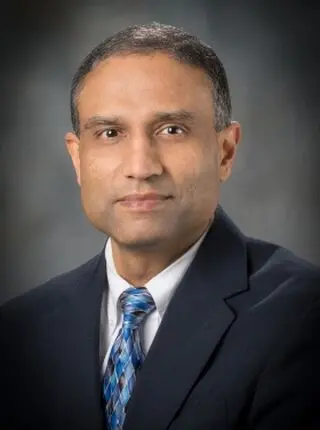
Department of Gynecologic Oncology and Reproductive Medicine, Division of Surgery at the MC Anderson Cancer Center
Co-director of the Center for RNA Interference and Non-Coding RNA at the MD Anderson Cancer Center.
Research Description
Dr. Sood's research is focused in three main areas: 1) mechanisms of angiogenesis and metastasis in ovarian cancer; 2) effects of neuroendocrine stress hormones on ovarian cancer growth and progression, 3) development of new strategies for systemic in vivo siRNA delivery.
Elizabeth Swisher, MD
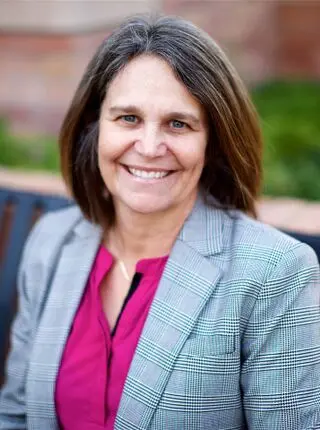
Deputy Director, Fred Hutch/University of Washington/Seattle Children’s Cancer Consortium
Professor, Division of Gynecologic Oncology, University of Washington School of Medicine
Affiliate Investigator, Clinical Research Division, Fred Hutch
Research Description
Dr. Swisher specializes in gynecologic oncology. She studies the genetics of gynecologic cancers and uses that knowledge to assess cancer risk and personalize prevention strategies, leading national and international trials in ovarian cancer.

